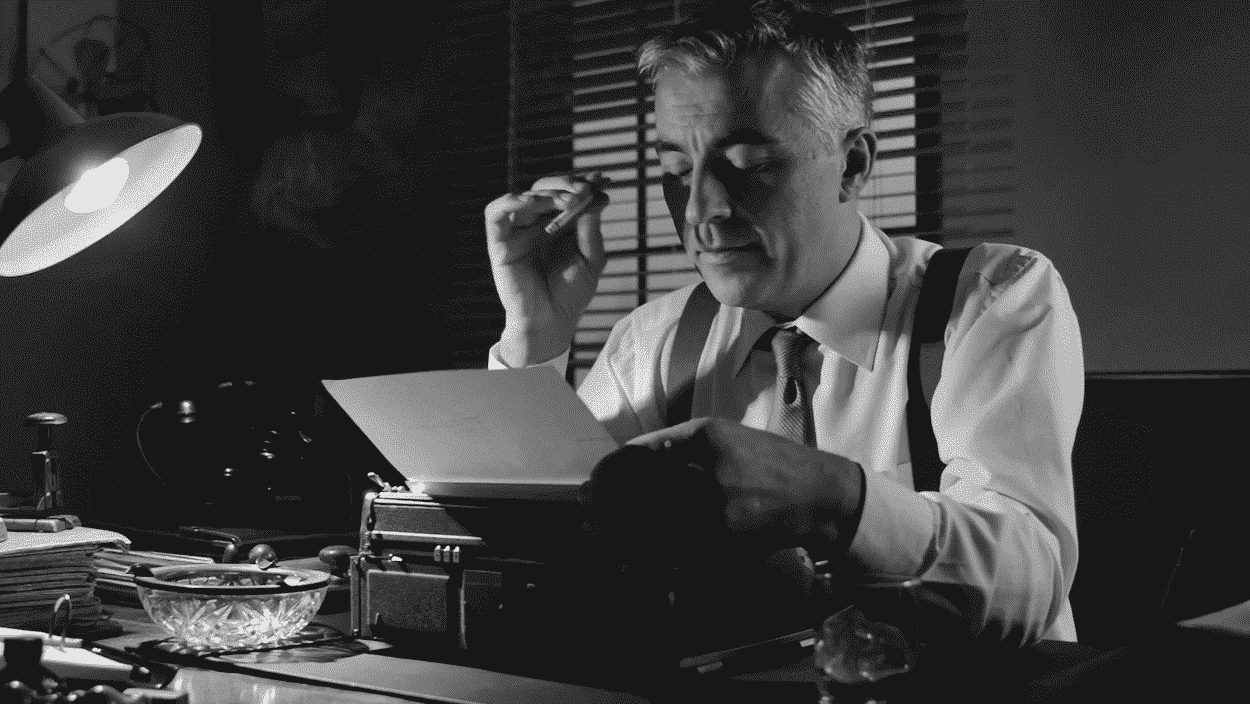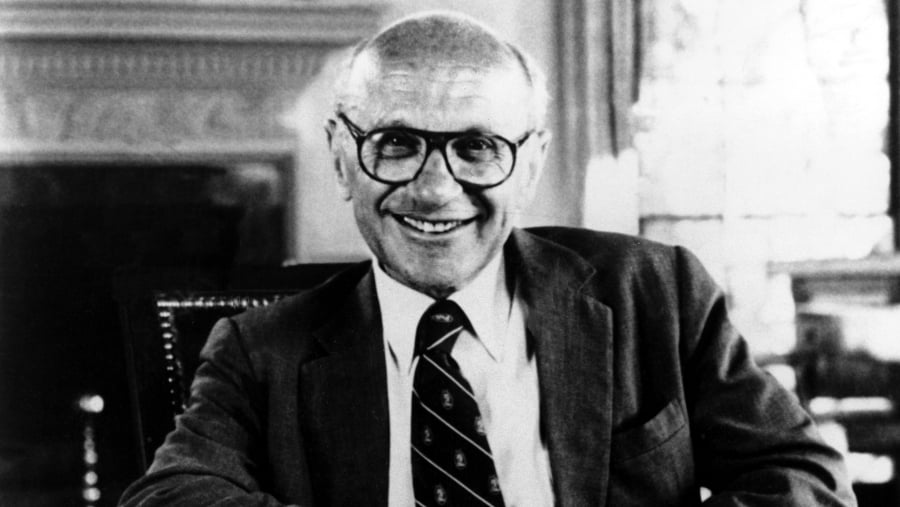Pope Benedict XVI died in December 2022; Queen Elizabeth, a few months earlier. Not only were both mourned throughout the world; both were treated kindly by most commentators. This was hardly surprising. For centuries, the custom has been to speak kindly of the departed, largely because in death they are no longer able to defend themselves against unkindness.
Though the custom is noble, it can be awkward for those of us who spoke ill of the person when he/she was alive. The rapid change from condemnation to compliment has a way of disturbing our conscience, making us regret we hadn’t been more gracious in past assessments. Sadly, in most cases the disturbance is short-lived, and we quickly return to our habit of speaking unkindly of those still breathing.
How much better it would be if we responded to such disturbances of conscience more thoughtfully and regarded them not as annoyances but as suggestions from the Holy Spirit to be more charitable to our neighbors in the future. The question is how we should go about reaching that goal.
The first step is to realize the imperfection of our human nature. We are all capable of virtue, wisdom and selflessness, but also of vice, foolishness, and selfishness. We yearn to be good yet are tempted by evil. We long for truth yet are enamored of pleasant falsehoods. We are able to think before speaking or acting but are inconsistent in doing so. We believe ourselves to be independent of other people’s influence yet tend to believe what our information sources tell us.
The second step is to acknowledge that because of the imperfections noted above, we (like others) not only embrace but cherish and defend unexamined ideas and values. A number of them are no doubt mistaken and the principles, policies, and programs that they have produced are therefore harmful rather than helpful. The only way to identify which of our ideas and values are worthy of our support is to put aside our egos, open our minds to views that compete with our own, and decide with objectivity where the truth lies. (The challenge here, of course, is to have the humility to change our minds when doing so is appropriate.)
The third step is to understand the profound difference between (a) judging the validity of an idea, the truth of a statement, or the reasonableness of an action, and (b) judging the moral character of a person. The first kind of judgment is fair and necessary. The second kind is fair only there is clear and compelling evidence. But such evidence is often lacking. A person may make a statement knowing it is untrue or genuinely believing it is true. Another may intentionally act in a way that does harm, or instead have good intentions but simply misjudge the outcome. In such cases, we often have no way of knowing whether the person’s motivation was noble or not, and therefore should avoid judging his/her moral character. This avoidance follows the biblical principles of “hate the sin but love the sinner” and “judge not lest you be judged,” as well as the moral/legal principle of giving the benefit of the doubt.
When guided by these three steps in our daily lives, we can help restore peace, harmony, and solidarity to our country. The first step reminds us that we are as imperfect as our neighbors. The second step helps open our minds to ideas other than our own. The third step reminds us to avoid judging others too harshly or prematurely.
Following these steps in the coming year does not mean ignoring nonsense, corruption, and hypocrisy, which should be vigorously opposed. It simply means replacing suspicion and alienation with mutual respect and common purpose. And that makes it a worthy New Year’s resolution.
Copyright © 2023 by Vincent Ryan Ruggiero. All rights reserved






